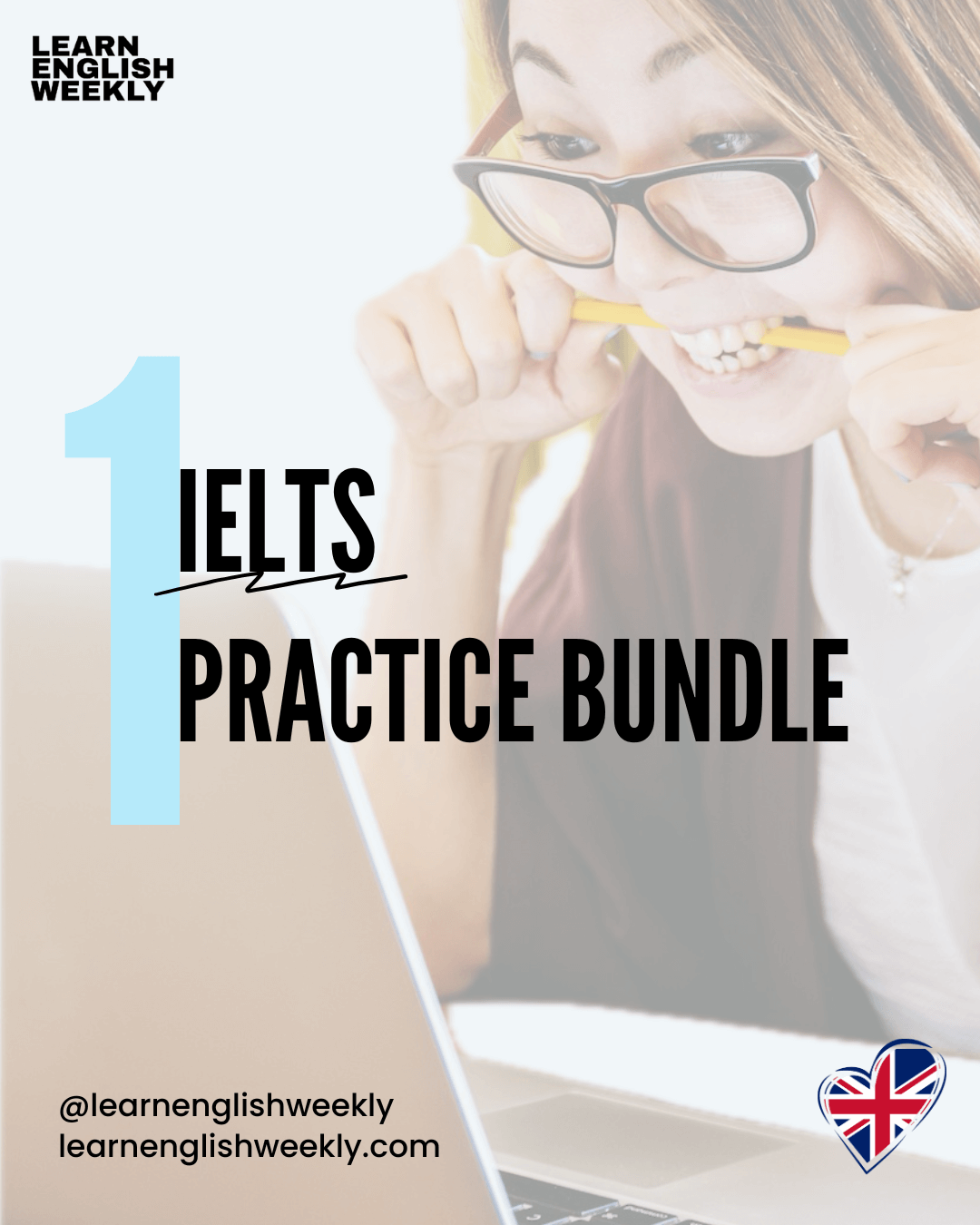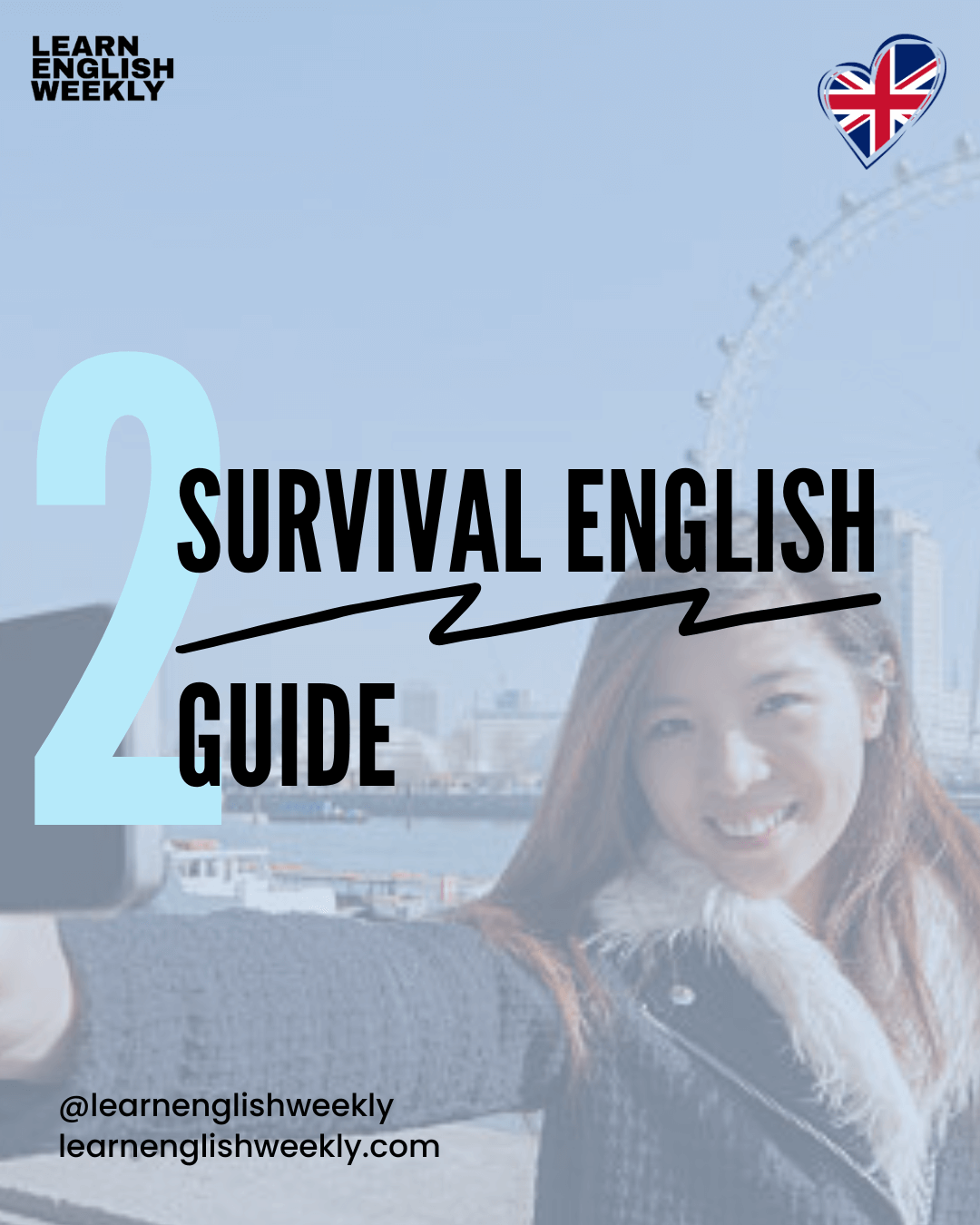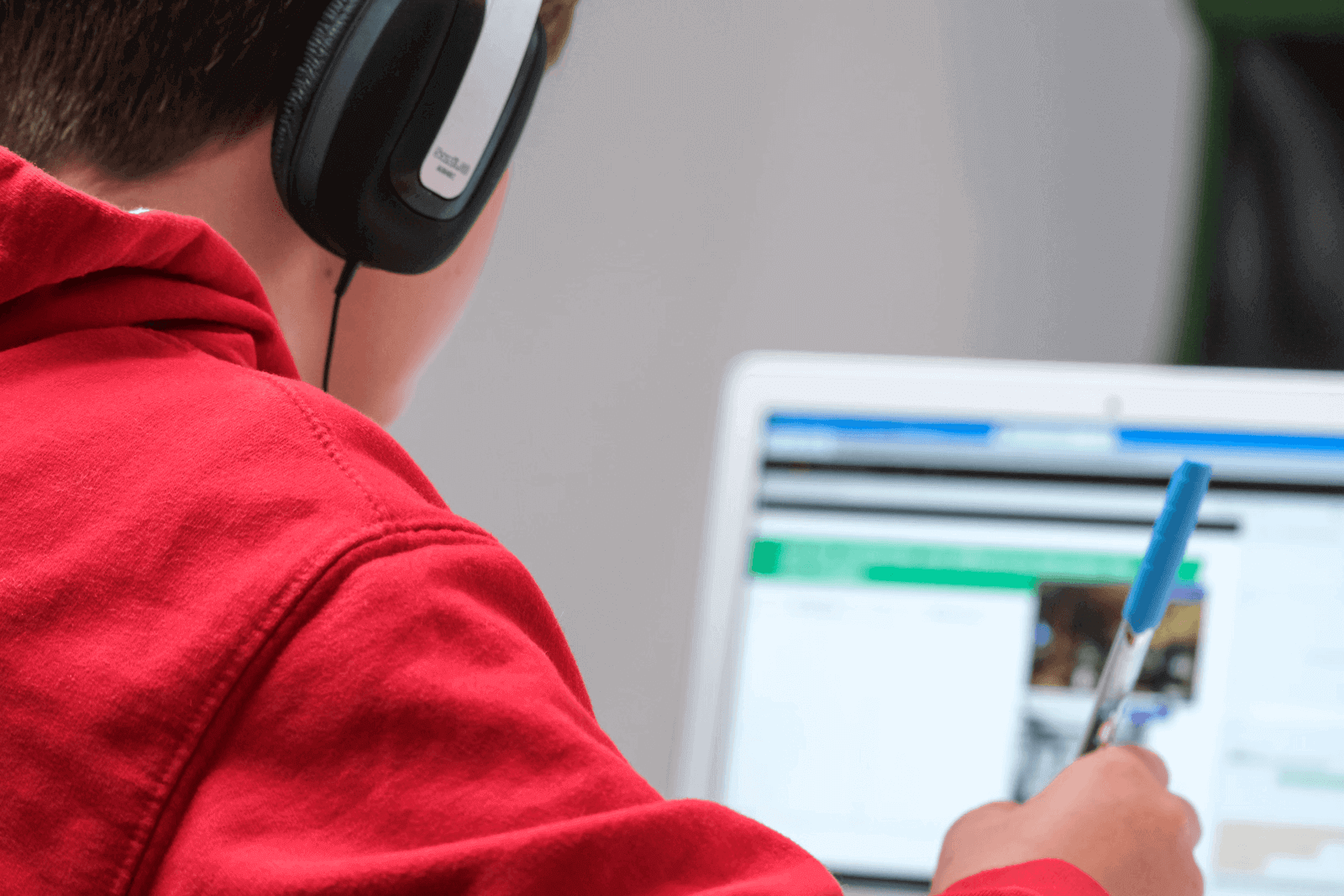IELTS Speaking Band 7+ Sample Responses
Preparing for the IELTS Speaking test can feel intimidating, especially if English is not your first language. Many learners worry about how to answer naturally, how long to speak, and what examiners really look for.
This guide is designed for adult English learners (B1–C1 level) preparing for IELTS or simply wanting to improve their spoken English.
In this article, you’ll find Band 7+ sample IELTS Speaking answers across all three parts of the test. You’ll also see useful vocabulary, explanations of common mistakes, and practical tips to help you succeed on exam day.
Understanding IELTS Speaking
The IELTS Speaking test lasts 11–14 minutes and has three parts:
- Part 1: Short questions about familiar topics (home, studies, hobbies)
- Part 2: Cue card task (1–2 minutes speaking on a given topic)
- Part 3: Discussion (longer, more abstract questions related to Part 2)
Examiners score you on fluency, vocabulary, grammar, and pronunciation.
Part 1: Sample IELTS Speaking Answers
Here are five Band 7+ answers to common Part 1 questions:
Q1. Do you enjoy reading?
Answer: Yes, I enjoy reading very much. I usually read in the evenings before going to bed. It helps me relax, and I also learn new vocabulary. Recently, I have been reading English novels because they help me prepare for the IELTS exam.
Why Band 7: The answer is extended beyond “yes/no,” giving reasons (“relax,” “learn new vocabulary”) and personal detail (“English novels for IELTS”). Shows fluency, relevance, and a mix of present simple + present perfect continuous.
Q2. What kind of music do you like?
Answer: I like a wide variety of music, but I especially enjoy indie rock and acoustic songs. They have meaningful lyrics, and they aren’t too loud, so I can listen while studying.
Why Band 7: Contains variety of vocabulary (“indie rock,” “acoustic songs,” “meaningful lyrics”), clear reasons, and contrast (“not too loud, so I can listen while studying”). Uses complex sentence structure with linking (‘but,’ ‘so’).
Q3. Do you prefer studying alone or with others?
Answer: I prefer studying alone because I can concentrate better without distractions. However, sometimes group study is useful for practising speaking and sharing ideas.
Why Band 7: Balanced answer: clear preference + counterpoint. Shows flexibility in expressing an opinion with justification. Good use of discourse markers (“However, sometimes…”).
Q4. What is your favourite holiday?
Answer: My favourite holiday is the Lunar New Year. It’s a family celebration where we eat traditional food and exchange red envelopes. I also like the festive atmosphere with fireworks.
Why Band 7: Culturally rich answer with specific details (“Lunar New Year,” “red envelopes,” “fireworks”). Vocabulary is topic-specific and ideas are organised logically.
Q5. Do you often use social media?
Answer: Yes, I use social media every day, mostly to stay in touch with friends and read international news. However, I try not to spend too much time because it can be addictive.
Why Band 7: Goes beyond a simple “yes.” Explains purpose of use (“stay in touch,” “read international news”) and adds a balanced view (acknowledges negative side: “addictive”). Shows ability to discuss both advantages and disadvantages.
Part 2: Cue Card IELTS Speaking Answers
Here are 10 cue card responses (Band 7+). Each is expanded with structure: introduction → details → example → closing.
1. Describe a person who inspires you
Answer: One person who inspires me is my grandmother. She grew up in difficult conditions but worked hard to provide education for her children. She always tells me that perseverance is the key to success. Her positive attitude motivates me whenever I face challenges.
Why Band 7: Clear organisation (background → values → impact). Uses topic-specific vocabulary (“perseverance,” “positive attitude”). Shows ability to connect ideas to personal feelings and challenges.
2. Describe a book you recently read
Answer: I recently read To Kill a Mockingbird by Harper Lee. The story is about justice and human rights in the United States during the 1930s. I enjoyed it because it made me think about fairness and morality. Reading it also improved my vocabulary and comprehension.
Why Band 7: Specific details (title, author, theme). Shows critical thinking (“made me think about fairness and morality”). Mixes personal reaction with educational benefit. Vocabulary includes abstract concepts (“justice,” “human rights,” “morality”).
3. Describe a memorable journey
Answer: Last summer, I travelled by train from Taipei to Hualien. The scenery was breathtaking, with mountains on one side and the Pacific Ocean on the other. The journey was memorable because it was both relaxing and inspiring.
Why Band 7: Strong descriptive language (“breathtaking,” “relaxing and inspiring”). Sets the scene clearly (mountains vs ocean). Combines narrative detail with personal reflection.
4. Describe a piece of technology you often use
Answer: I use my smartphone every day for studying, communication, and entertainment. I especially use English-learning apps and online dictionaries. This device saves me time and helps me learn more efficiently.
Why Band 7: Practical, everyday relevance. Shows varied functions of technology (“studying, communication, entertainment”). Adds educational context (English-learning apps). Balanced explanation of how and why it is useful.
5. Describe a time you helped someone
Answer:A few months ago, I helped my classmate prepare for a job interview. We practised questions together, and I corrected his grammar. Later, he told me he got the job. I felt proud and happy to support him.
Why Band 7: Tells a short, clear story (situation → action → result). Uses past tense consistently. Includes emotional reflection (“proud and happy”). Shows fluency in talking about social situations.
6. Describe a favourite restaurant
Answer: My favourite restaurant is a small noodle shop near my home. The food is simple but delicious, and the prices are affordable. I like the atmosphere because it feels cosy and welcoming.
Why Band 7: Vivid but simple description (“small noodle shop,” “cosy and welcoming”). Connects food quality with atmosphere and price. Uses adjectives effectively to make the answer engaging.
7. Describe an important tradition in your country
Answer: In Taiwan, the Mid-Autumn Festival is very important. Families gather to eat mooncakes and barbecue outside. It’s a time for family reunion and appreciation of the full moon.
Why Band 7: Strong cultural relevance (Mid-Autumn Festival). Includes specific details (mooncakes, barbecue, full moon). Explains social meaning (“family reunion, appreciation”). Combines fact + personal context.
8. Describe an achievement you are proud of
Answer: I am proud of passing my driving test. I was nervous at first, but I studied the rules carefully and practised for weeks. When I finally received my licence, I felt a great sense of independence.
Why Band 7: Logical sequence (problem → preparation → success → feeling). Uses emotional language (“nervous,” “independence”). Shows ability to narrate an experience with reflection.
9. Describe a difficult decision you made
Answer: One difficult decision I made was choosing between two job offers. One offered a higher salary, while the other provided better career growth. I chose the second one, and I believe it was the right decision.
Why Band 7: Balanced answer with two contrasting options. Demonstrates complex sentence use (“while the other provided…”). Explains reasoning and outcome, showing maturity and clarity.
10. Describe a place you would like to visit in the future
Answer: I would love to visit London. It has many historic landmarks, such as the Tower of London and Buckingham Palace. I am also fascinated by British culture and would like to experience it in person.
Why Band 7: Culturally rich answer with specific landmarks (Tower of London, Buckingham Palace). Expresses personal motivation (“fascinated by British culture”). Uses future tense correctly and naturally.
Part 3: IELTS Speaking Answers (Discussion)
Here are five Band 7+ Part 3 answers:
Q1. Why do people read less nowadays?
Answer: Many people read less because of digital distractions such as social media, online games, and video platforms. Reading requires time and concentration, but modern life encourages quick information. Nevertheless, schools and families should continue to promote reading as a valuable habit.
Why Band 7:
- Explains cause and effect clearly.
- Balances argument with a solution (“schools and families should continue…”).
- Uses topic-specific vocabulary (distractions, concentration, valuable habit).
Q2. How has technology changed communication?
Answer: Technology has made communication faster and more convenient, especially through messaging apps and video calls. People can connect instantly across the world. However, some argue it has reduced face-to-face interaction and weakened personal relationships.
Why Band 7:
- Provides both benefits and drawbacks, showing balance.
- Uses a range of connectors (“especially,” “however”).
- Includes specific examples (messaging apps, video calls).
- Complex sentences show flexibility (“some argue it has reduced…”).
Q3. Do you think tradition is still important in modern society?
Answer: Yes, traditions provide cultural identity and continuity. Even though lifestyles are changing, traditions remind people of their history and values. For example, celebrating festivals strengthens family bonds.
Why Band 7:
- Strong opinion with clear justification.
- Uses abstract nouns (identity, continuity, values).
- Supports with a concrete example (festivals).
- Balanced structure: opinion → explanation → example.
Q4. Should governments spend more money on education or defence?
Answer: I believe education should be prioritised. A well-educated society is more productive and innovative, which also helps create a more peaceful nation. In contrast, spending heavily on defence does not always improve citizens’ daily lives.
Why Band 7:
- Shows clear stance (“education should be prioritised”).
- Provides reasoning and contrast (education vs defence).
- Uses formal academic vocabulary (productive, innovative, citizens).
- Analytical tone = appropriate for Part 3.
Q5. How can people prepare for successful careers today?
Answer: People should develop both technical and soft skills, such as teamwork, communication, and problem-solving. It is also important to stay flexible and adapt to change, especially with new technologies. Lifelong learning and continuous self-improvement are essential for long-term success.
Why Band 7:
- Uses range of examples (teamwork, communication, problem-solving).
- Shows awareness of modern trends (technology, lifelong learning).
- Uses higher-level vocabulary (flexible, adapt, continuous self-improvement).
- Well-developed with 3 linked points instead of one short idea.
Overall Band 7+ features across Part 3 answers:
- Balanced arguments (pros/cons, benefits/drawbacks).
- Abstract discussion skills (values, identity, productivity, technology).
- Formal tone with clear opinions.
- Frequent use of connectors (however, in contrast, especially).
- Strong range of vocabulary and examples.
Common Mistakes in IELTS Speaking
- Memorising full answers – Examiners can tell if your answer sounds unnatural. It’s better to prepare ideas and phrases, not entire speeches.
- Speaking too quickly – Fluency is not about speed. Clear, steady speech scores higher.
- Using informal slang incorrectly – Some slang is fine, but avoid misusing words like “gonna” or “wanna.”
- Ignoring the question – Many candidates go off-topic. Always answer the exact question first, then add detail.
- Repeating the same words – Show range. Instead of repeating “good,” use “excellent,” “beneficial,” or “positive.”
FAQs About IELTS Speaking
1. How long should I speak in Part 2?
You should aim for about 1.5–2 minutes. Practise with a timer so you can develop a natural sense of length.
2. Do examiners care about accent?
No. Accent does not matter as long as your speech is clear and understandable.
3. How can I expand my answers?
Use the PEEL method: Point → Example → Explanation → Link. This gives structure and length to your answers.
4. Should I correct myself if I make a mistake?
Yes, but do it naturally. For example: “I go—sorry, I went to the shop yesterday.” This shows awareness.
5. What band score do I need for university?
Most universities require 6.5 or 7.0 overall. Always check the specific requirement of your institution.
Conclusion
The IELTS Speaking test does not need to be stressful. By practising with real questions and studying sample Band 7+ answers, you can develop confidence and fluency. Remember to expand your vocabulary, speak clearly, and stay on topic.
👉 Next step: Download our free IELTS Vocabulary Flashcards PDF to practise essential words for the exam.




